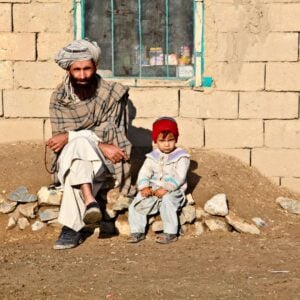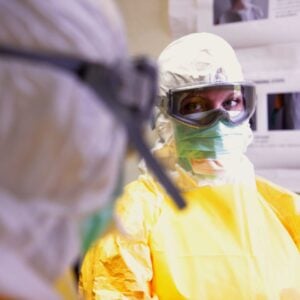UNICEF is intensifying efforts in Kasai province, Democratic Republic of the Congo (DRC), as nearly 45,000 doses of the Ebola vaccine are dispatched to protect children and families amid the latest outbreak. Since the outbreak was declared on 5 September, 47 suspected and confirmed cases have been reported, including 14 children, and 25 people have died, 12 of them children. UNICEF emphasizes that vaccines are a critical tool in stopping Ebola, but affected children also need medical care, psychosocial support, safe spaces to learn and play, and guidance for families on protection measures.
The current Ebola hotspot is Bulape, with neighbouring areas Mweka and Mushenge also at risk. More than 1,048 contacts have been identified and are under monitoring. UNICEF teams are working closely with the Ministry of Health, other UN agencies, and local partners. Over 20,000 doses of the Ervebo vaccine have already arrived in Kasai to vaccinate frontline health workers and at-risk populations. UNICEF is maintaining the vaccine cold chain to ensure the doses remain effective throughout transport and administration.
Beyond vaccination, UNICEF is providing care for Ebola patients, reinforcing hygiene measures in schools, hospitals, and child-friendly spaces, and delivering life-saving information to families on protection strategies. Specialized teams are also offering psychosocial support and child protection services for children affected by the outbreak, addressing both immediate health and emotional needs.
This is the sixteenth Ebola outbreak in the DRC since the virus was first discovered in 1976, with the last Kasai outbreak occurring in 2008–2009. The region’s fragile health system, limited access to safe drinking water, medicine shortages, and poor sanitation make families particularly vulnerable. UNICEF highlights the importance of global preparedness, strong public services, and emergency response systems to protect children during this crisis and in future health emergencies.







